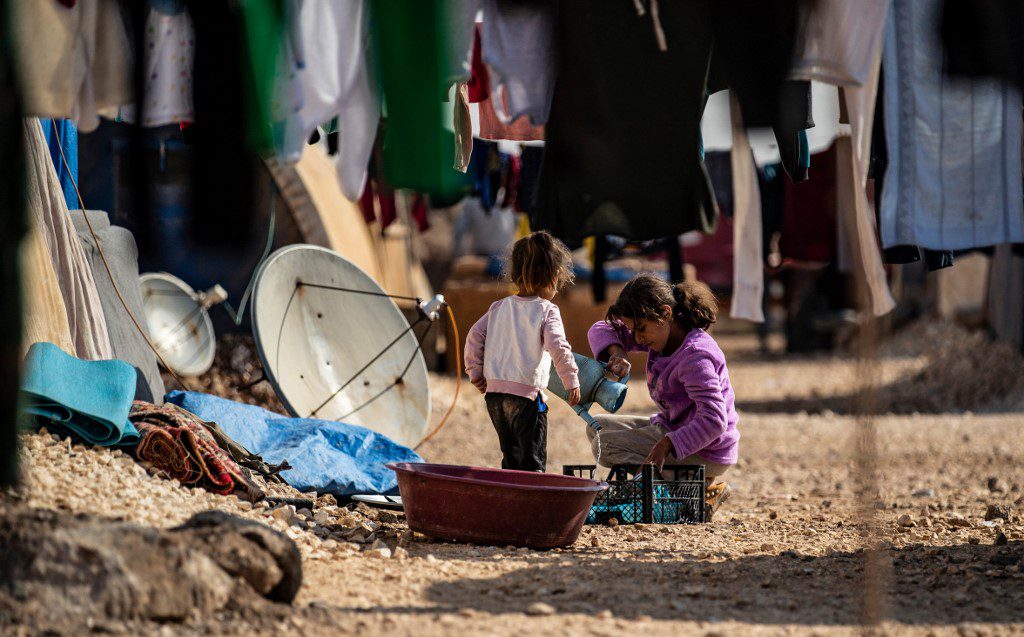
Nour Abbas
In recent days, news pages and websites have reported the death of the caged child Nahla Othman. Such a piece of news is shameful for humanity with all its bitter details. Nahla got much sympathy. However, the stakeholders dealt with her death as an individual incident. Therefore, the father that left her to die in the cage was only interrogated. Refugee camps will remain refugee camps. Violating children’s rights in these camps will continue.
The death of Nahla cannot be considered an individual death. Instead, it is a collective death that began with Nahla and will pursue all the children of the camps who may be exposed to the same conditions. Perhaps individual perpetrators will be held accountable. Both sympathizers and blamers might get a humane reputation thanks to the media, as our tragedy has turned into a media commodity. Those interested buy such a commodity, and we support them in doing that. Our citizens have become consumers of news, not individuals who can change or demand new laws.
It is clear that we fell into an Arab “Benetton bubble”. Noreena Hertz described such a bubble in her book “The Silent Takeover”. One day, the Italian company Benetton placed giant billboards everywhere with a picture of a hungry black infant in his dying moment of AIDS. Other boards showed a Bosnian soldier stained with war blood. The company also distributed brochures condemning the death sentence. According to Hertz, these shocking advertisements did not attempt to alleviate poverty, fight disease, or abolish the death penalty. Instead, they aimed to empty clients’ pockets by falsifying their emotional and visual memory. So, it feels as if buying from Benetton will cure the infant on its road billboards!
This bubble is what we precisely suffer from in our Arab world and our biased media. We may support a film that talks about a poor Syrian child refugee to achieve the highest revenues any Arab movie would get, revenues that would suffice the needy refugees, and perhaps the child’s dreams in that film could be fulfilled. However, we did not support the refugees, something that applies to the case of Nahla.
One perpetrator will be held accountable, while more children will die. The news will reappear again and will obtain the same popular support and anger. However, we will not change anything with commoditized and temporary emotion and reactions demanding holding the perpetrators accountable, not by blocking the way in front of other incoming perpetrators. We can do that by creating laws sponsored by effective institutions. With its repetition, tragedy becomes no more a tragedy, but it may turn into a way of life for those who live it. Therefore, citizens of Arab countries suffering from wars and their repercussions cannot sympathize with their tragedy.
Recent psychology research may explain what happens. Contrary to the expectations, humans are less sympathetic to people who have had experiences they went through previously and are more sympathetic to people who have had different experiences, even if their suffering is much less. However, these researches remain studied on individual levels and cannot be generalized to include societal reactions to the incident or its consequences! It may go beyond that. Some people fall into the trap of blaming the victim or blaming themselves, which foretells a catastrophe in the social consciousness in these countries.
DISCLAIMER
The opinions expressed in this publication are those of our bloggers. They do not purport to reflect the opinions or views of Fanack or its Board of Editors.


